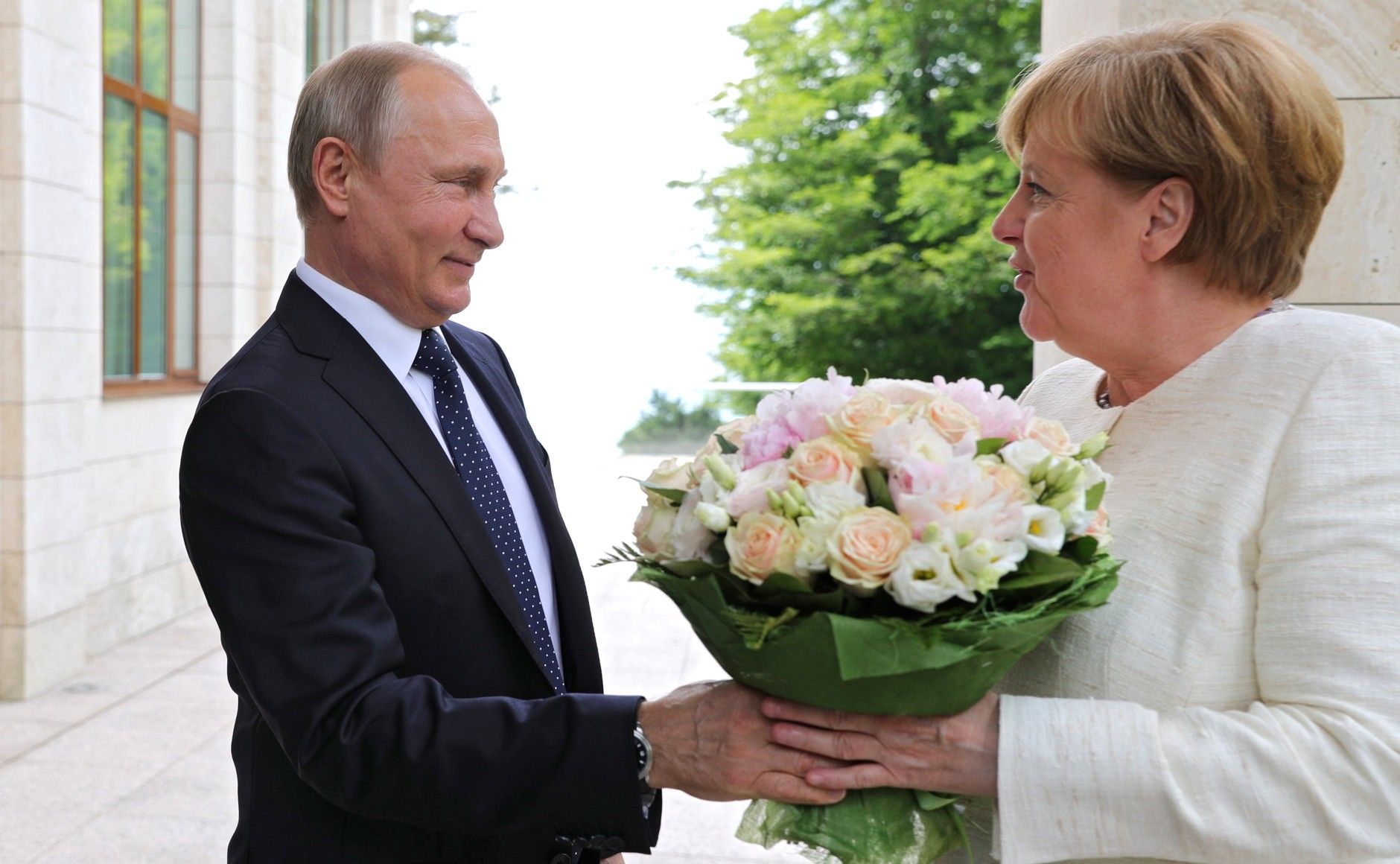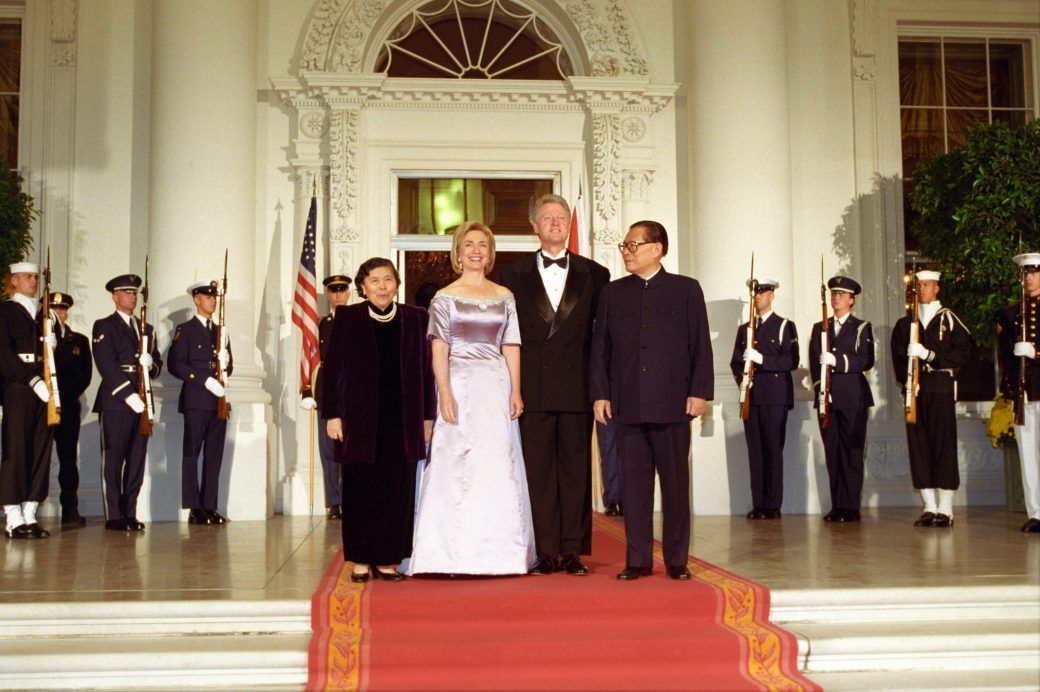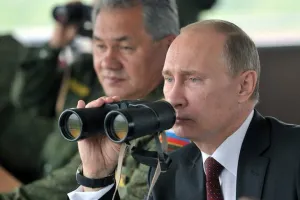In the event that Vladimir Putin stages an invasion of Ukraine, American foreign policymakers are in near-universal agreement that military intervention would be a bad idea. That’s for the best.
The US’s track record of military interventions in the past several decades—even interpreted generously as attempted liberations of oppressed peoples—has been catastrophic. Too many Americans—and even more Iraqis, Afghans, and Vietnamese—are dead as a result. Our bloody withdrawals from those countries give the lie to the half-developed and farcical “democracies” we helped construct. It also goes without saying that Ukraine isn’t a NATO member; the US has no legal obligation to defend it.
But even the prudent choice to not put “boots on the ground” leaves the question of what to do in the case of Ukraine’s invasion. The obvious answer is economic punishment: the foundation of the Biden administration’s current strategy. Biden seeks a unified sanctions response from NATO, including the total shutout of Russia from the global financial system and a refusal by Germany to commence operations with the Nord Stream 2 natural gas pipeline. Find a quick explainer of the pipeline here.
There are two obstacles to this approach. The first is that it’s proven very difficult to get all NATO countries on the same page, particularly Germany, which doesn’t want to toss Nord Stream 2. As Spectacles wrote last October, Germany’s naive belief that the pipeline could be simply a “commercial project” has driven a wedge between NATO’s members. Even if it were possible to get on the same page, tough sanctions would almost certainly cause a massive energy shortage in Europe, given that Russia provides about a fifth of the continent’s energy. Russia has also prepared itself to weather an economic storm by shoring up its foreign exchange reserves. It won’t be easy or painless to exclude Russia from the economic benefits of the globalized economy.
As Spectacles has written before—both in our Insight on Nord Stream 2 and Philip’s Focus on China’s embrace of autocratic globalization—the idea that the global economic system passively generates democracy has been soundly disproven by reality. By leaning on dysfunctional militarism for decades while China and Russia build their economic clout, the US has left itself just two choices in Ukraine: catastrophically ineffective militarism or outmatched economic sanctions.
It may be too late for Ukraine, but it’s time to consider what a new American strategy—developed in decades and not just months—would look like. The US could learn a thing or two from Russia and China to use its economic power to more robustly support human rights and democratic reforms, rather than running a “fair table” until responding with ineffective sanctions when someone does something egregious. The shattering of the world order into new spheres of influence has to be acknowledged, but adjusting to that reality with new, creative, prudent, and moral strategy could have its benefits.
Subscribe to Spectacles




Comments
Join the conversation